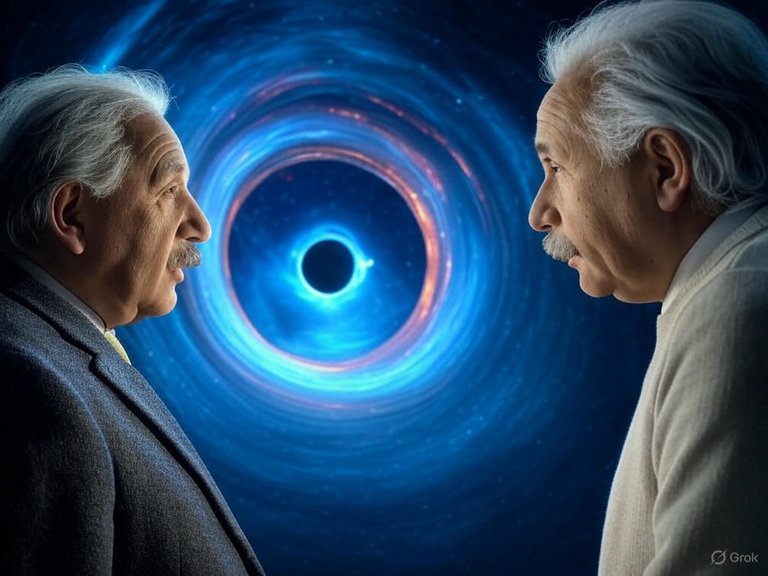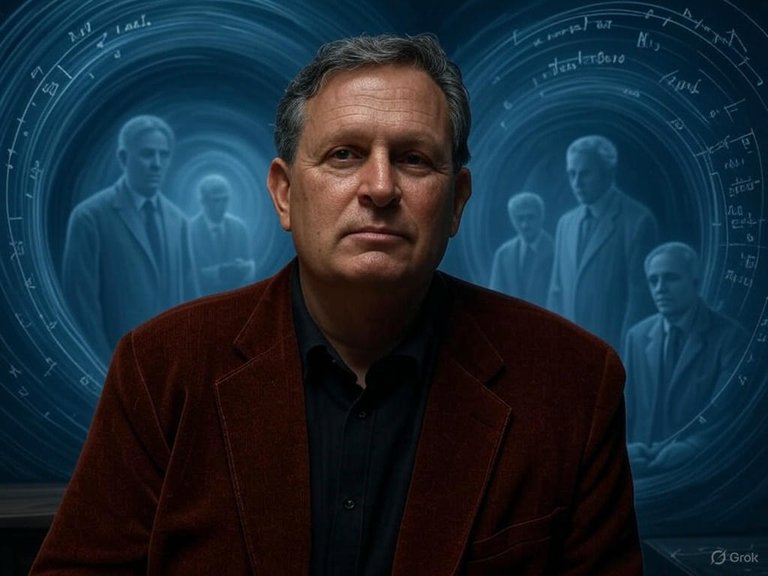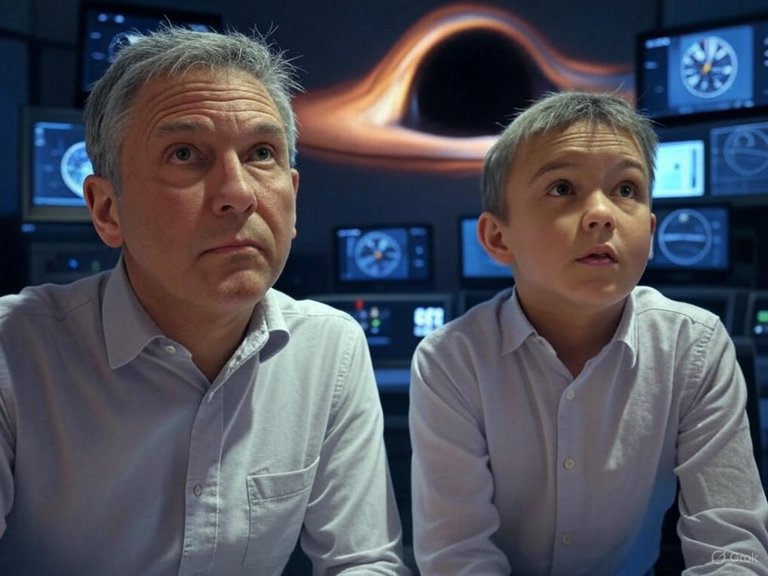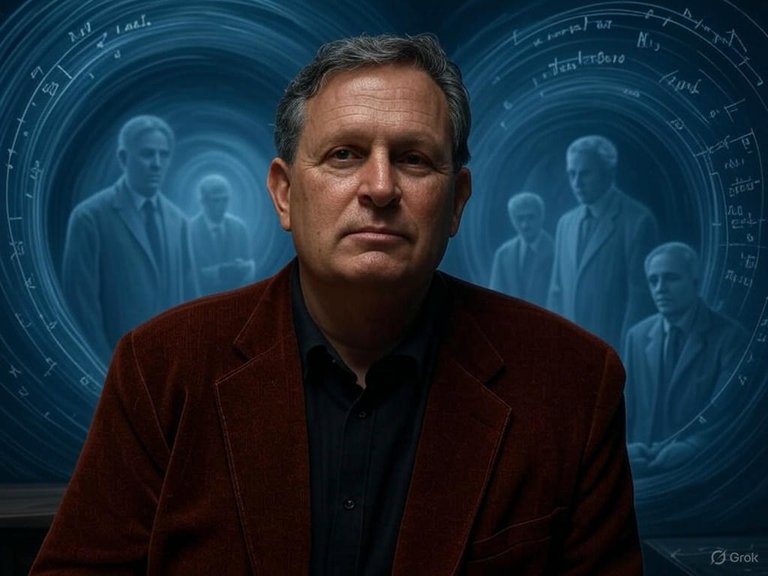Time Travel
Is it truly possible to go back in time, like in the movies. Time travel theories blend physics, philosophy, and speculation, with roots in Einstein’s General Relativity, which permits time dilation and potential spacetime shortcuts like wormholes.
Wormholes: they emanate from Einstein’s General Theory of Relativity, wormholes are theoretical tunnels connecting different distant points in spacetime, potentially allowing travel between different times. Proposed by Einstein and Nathan Rosen, these "Einstein-Rosen bridges" could, in theory, link past and future. However, stabilizing a traversable wormhole requires exotic matter with negative energy, a substance out of reach to humanity . Kip Thorne and others have explored this concept, but immense energy requirements, stability issues, and the lack of evidence for wormholes or exotic matter still make this a highly speculative system for time travel, even though it's mathematical grounded in relativity.

Time Dilation: A proven consequence of Einstein’s Special and General Relativity, time dilation enables forward time travel, but no means back. When an object moves near the speed of light or resides in a strong gravitational field, such as near a black hole, time passes slower relative to an outside observer. This is exemplified in the "twin paradox," where a high-speed traveling twin ages less than their Earth-bound sibling. Experimentally confirmed with atomic clocks on fast-moving planes and satellites, time dilation is practical but limited: it only allows travel to the future, with no mechanism for returning to the past.

Closed Timelike Curves (CTCs): Proposed within General Relativity, closed timelike curves are spacetime paths that loop back to their starting point, potentially enabling backward time travel. Solutions like Kurt Gödel’s rotating universe or Frank Tipler’s massive rotating cylinders suggest CTCs could arise in extreme conditions, such as near Kerr black holes. However, these scenarios require infeasible constructs, like infinite cylinders or immense rotational energies, and introduce paradoxes, such as the grandfather paradox, where a traveler could alter their own past. The lack of experimental evidence and causality concerns make CTCs a contentious theory, a popular series about it is the umbrella academy.

Quantum Mechanics and Many-Worlds Interpretation: Quantum mechanics offers speculative time travel mechanisms, particularly through the Many-Worlds Interpretation (MWI) proposed by Hugh Everett. In MWI, traveling back in time might create a new timeline, avoiding paradoxes like the grandfather paradox by ensuring actions occur in a parallel universe. For example, killing your grandfather creates a reality where you were never born, but your original timeline remains intact. World renowned scientists David Deutsch has explored this idea, while quantum entanglement is speculated to allow information transfer across time. MWI is a debated interpretation, and no experimental evidence supports macroscopic time travel via quantum effects.

Cosmic Strings: Cosmic strings are hypothetical, infinitesimally thin but massively dense structures from the early universe, proposed by Richard Gott as a potential time travel mechanism. If two cosmic strings pass each other at near-light speeds, they could distort spacetime to create closed timelike curves, enabling backward time travel. This theory, grounded in General Relativity, like the others, it is highly speculative, as cosmic strings remain unconfirmed, and the precision and energy required to manipulate them are astronomically high. The concept is a testament to the infeasible amounts of energy needed for time travel.

All images were genrated by grok.
Congratulations @equinoxdsupreme! You have completed the following achievement on the Hive blockchain And have been rewarded with New badge(s)
Your next target is to reach 4500 upvotes.
You can view your badges on your board and compare yourself to others in the Ranking
If you no longer want to receive notifications, reply to this comment with the word
STOP